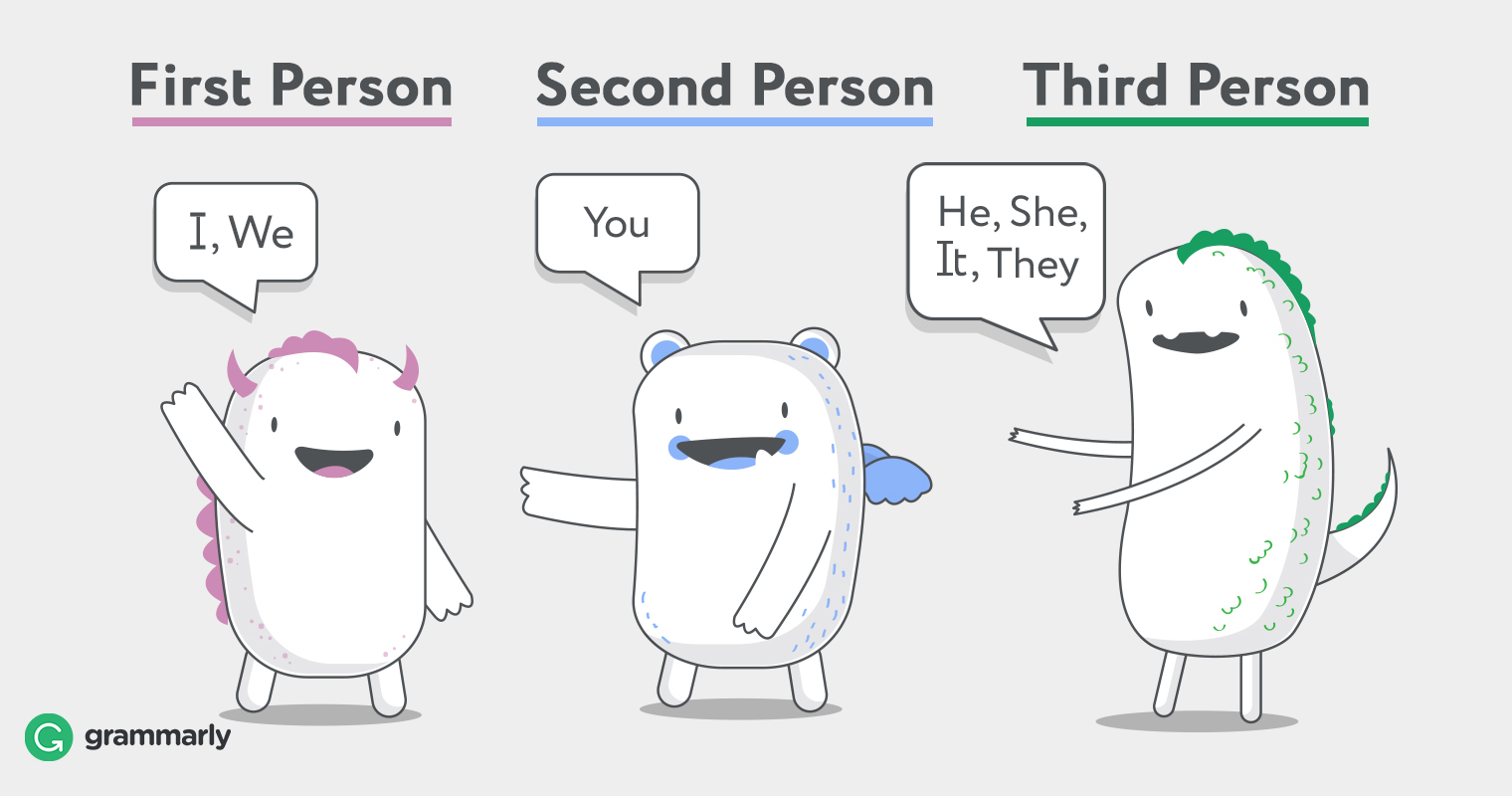Occasionally, Tanner decides to speak to his friends in the third person. For some reason, Tanner’s friends get really annoyed. Tanner never knows quite why, and he has never quite understood it, yet despite their constant complaints, Tanner stays strong.
Oftentimes, different perspectives can be used to portray a different message, or the same message differently. For example, when I say “I am thirsty”, it has a different ring and sense of urgency than when I would say “Tanner is thirsty”. Speaking in the third person often gives the author or speaking the advantage of distancing themselves from the story or situation. In my example, when someone hears that “Tanner is thirsty”, they don’t immediately know that Tanner is around and in the situation. However, when saying “I am thirsty”, the listener knows that “I” desire a liquid to quench my thirst.

In The Things They Carried, O’Brien normally uses the first person. As an author, first person gives them the advantage of allowing the reader to get into the book. Especially in this case, telling war stories from the first person allows us as readers to get more into the story. We know what the character is thinking, what the character is doing, and we do not know what is happening outside of the view of that character.
Specifically, in the last chapter, I posted about “Sweetheart of Song Tra Bong”, which was a wartime story involving a soldier flying his high school girlfriend out to the war. For this chapter, it was very effective using the first person, because we as readers were very involved in this chapter, and it was exciting. It allowed us to be constantly involved in the story, and feel close to the characters.
However, O’Brien switched things up in the chapter, “Speaking of Courage”. As you can see, the third person is used in this chapter, as a story is told about Norman Bowker and his experience after the war. The third person is clearly evident, as the text reveals, “Norman Bowker smiled. He looked out across the lake adn imagined the feel of his tongue against the truth. ‘Well, this one time, this one night out by the river . . . I wasn’t very brave'”(O’Brien 136).
This chapter was different than all the others in more than the point of view. This chapter is one that it was easily evident that there was not a positive message at all. Norman Bowker was having trouble recovering from the war, especially a certain experience where he thought he could have won a silver star.
This chapter, the one that was already negative, is the one that was explained by the third person. As I mentioned earlier, the third person is often used to distance yourself from the story, which I found multiplied the effect. A sad story, filled with much personal contemplation and thought, was seen almost as an afterthought.
Because we as readers did not feel into the story, it allowed O’Brien to depict Norman Bowker as even more alone. Not only was he friendless in the story being explained, but he did not even have the readers to draw strength from.

However, this works in two different ways. By making Norman Bowker seem more foreign, the readers ultimately sympathize even more. We feel bad. Really bad. Because Norman is not doing well. So we have sympathy. Although it may seem like it was not the ultimate goal, I feel as though O’Brien was in deed going for that. And he did it very effectively.
O’Brien very constructively used the third person, in many ways, to develop this story. Because of how little he uses it, it has all that much more power.
Now, I encourage all of you, to try out using the third person. Try it out in different scenarios. See what type of response you get. Oftentimes your friends and peers will be annoyed, but maybe, just once or twice, the result will be beneficial.